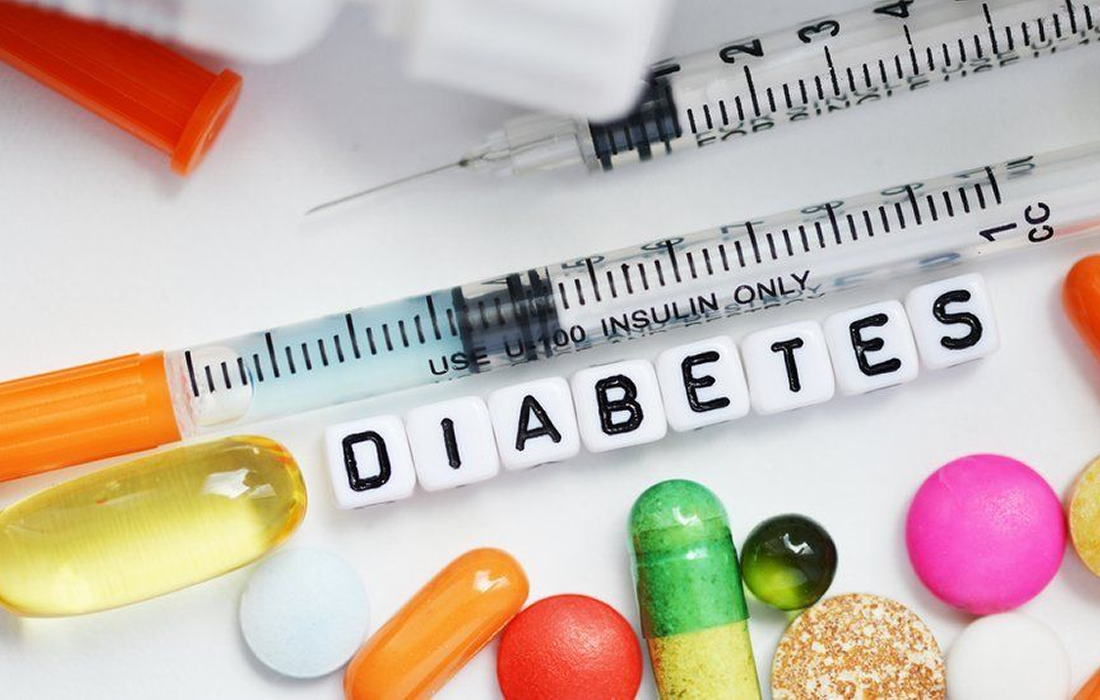Stem Cell Therapy for Specific Conditions
Could Stem Cell Treatment Reverse Type 1 Diabetes Mellitus?
In type 1 diabetes (T1D), autoimmune destruction of pancreatic islet b cells reduces an individual’s ability to regulate blood glucose, ultimately resulting in poor blood circulation, heart disease, stroke, infection, kidney failure and often premature death.
Every day millions of patients with T1D receive insulin injections to survive, but these injections do nothing to address the underlying T cell-mediated autoimmune dysfunction. For over 2 decades, attempts to address the underlying autoimmunity have been unsuccessful due to the polyclonal nature of the autoimmune response.
Stem cells have been touted as a means of replacing lost pancreatic islet β cells and curing T1D. Human cord blood derived stem cells (CB-SCs) and mesenchymal stem cells have been shown to modulate immune activity in vitro and subsequent studies have demonstrated that CB-SCs can be used to alter immune function and improve markers of T1D in mouse models. They are also able to modulate the immune function of T1D patient-derived islet β cell-specific pathogenic T cell clones.
A study from Zhao Y. et al, used stem cells from umbilical cord blood to re-educate a diabetic’s own T cells and consequently restart pancreatic function reducing the need for insulin.
Their method, called stem cell educator therapy, slowly passes lymphocytes separated from a patient’s blood over immobilized cord blood cells from healthy donors. After a few hours in the device, the re-educated lymphocytes are returned to the patient. Their progress was checked at 4, 12, 24 and 40 weeks after therapy.
After 12 weeks of treatment all the patients who received the therapy had improved levels of C peptide. This peptide is a protein fragment made as a by-product of insulin manufacture and can be used to determine how well beta cells are working. These reductions in C peptide continued to improve at 24 weeks and were maintained to the end of the study.
This meant that the daily insulin dose required by patients also decreased. The glycated hemoglobin (HbA1C) indicator of long term glucose levels also dropped for people receiving the treatment.
Findings from this study demonstrate that T1D patients achieve improved metabolic control and reduced autoimmunity that last months following a single treatment and further improvement may be achieved with additional treatments.
They concluded based on their findings that there is powerful evidence that reversal of autoimmunity leads to regeneration of islet β cells and improvement of metabolic control in long-standing T1D subjects. The principle used in this study may be beneficial in the treatment of other autoimmune diseases.
Source: Zhao Y, Jiang Z, Zhao T, et al. Reversal of type 1 diabetes via islet β cell regeneration following immune modulation by cord blood-derived multipotent stem cells. BMC Med. 2012;10:3. Published 2012 Jan 10.
Source link: https://www.ncbi.nlm.nih.gov/pmc/articles/PMC3322343/

